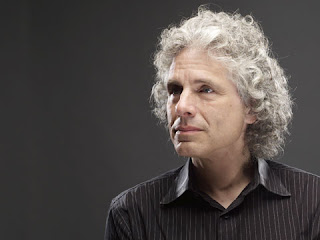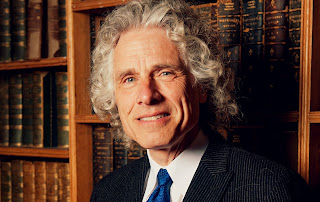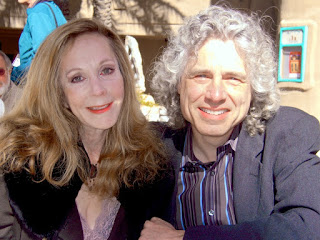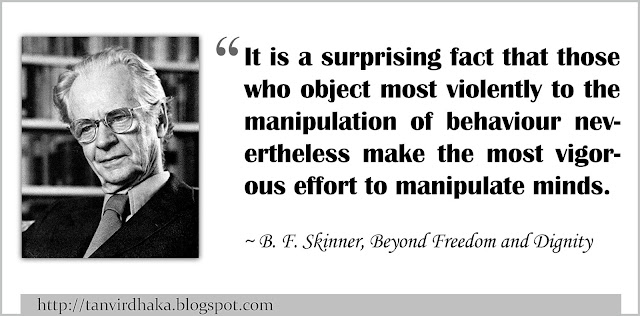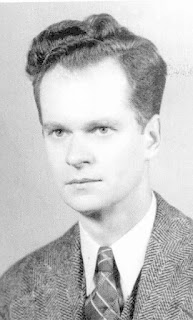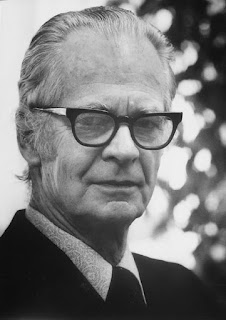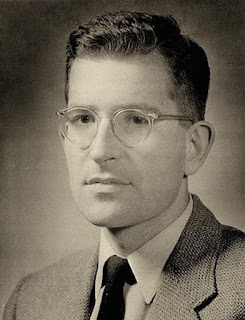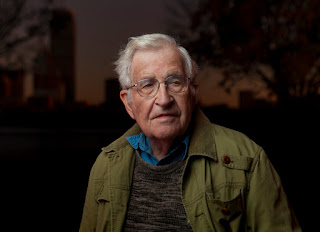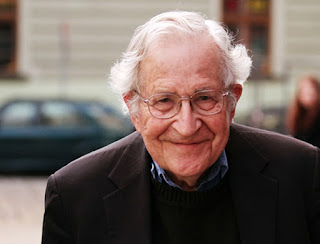Ferdinand de Saussure (1857 –1913) was a Swiss linguist from the early 20th century who is deemed by many as the chief forerunner of the structural linguistics.
Profile
- Birth Name: Ferdinand Mongin de Saussure
- Date of Birth: November 26, 1857
- Place of Birth: Geneva, Switzerland
- Zodiac Sign: Sagittarius
- Date of Death: February 22, 1913
- Cause of Death: NA
- Place of Death: Vufflens-le-Château, Vaud, Switzerland
- Place of Burial: NA
- Ethnicity: NA
- Nationality: Swish
- Father: Henri Louis Frédéric de Saussure (1829-1905)
- Mother: Louise Elisabeth de Pourtalès (1837-1906)
- Siblings:
- Brother - Horace de Saussure (1859-1926)
- Sister - Albertine Adèle de Saussure (1861-1940)
- Sister - Elisabeth Théodora de Saussure (1863-1944)
- Brother - Léopold de Saussure (1866-1925)
- Brother - René de Saussure (1868-1943)
- Sister - Jeanne de Saussure (1869-1900)
- Brother - Louis Octave de Saussure (1871-1943)
- Brother - Maximilien de Saussure (1873-1875)
- Spouse: Marie de Saussure (Marie Eugénie Faesch) (1867-1950)
- Children:
- Son - Raymond Maximilien Théodore de Saussure (1884-1971)
- Son- Jacques Alexandre Benedicte de Saussure (1892-1969)
- Son-André Victor de Saussure (1895-1895)
- Alma Mater: University of Geneva, Leipzig University (PhD, 1880), University of Berlin
- Ferdinand de Saussure is known for: initiating a new approach to linguistics called the structural linguistics.
- Ferdinand de Saussure is criticized because: many of his ideas are now proven wrong.
- Ferdinand de Saussure was influenced by: Émile Durkheim, August Leskien, Heinrich Zimmer, Hermann Oldenberg
- Ferdinand de Saussure’s works inspired: Émile Benveniste, Walter Couvreur, Nikolay Trubetzkoy, Roman Jakobson, Leonard Bloomfield, Eugene Nida , Bernard Bloch , George L. Trager , Rulon S. Wells III, Charles Hockett, and Noam Chomsky .
Quotes
“Speech has both an individual and a social side, and we cannot conceive of one without the other.”
- Ferdinand de Saussure, Course in General Linguistics
Major Works
- Mémoire sur le systéme primitif des voyelles dans les langues indoeuropéennes (1879)
- Cours de linguistique générale (1916)
Did You Know?
- Ferdinand de Saussure was the eldest son born to Henri Louis Frédéric de Saussure and Louise Elisabeth de Pourtalès.
- His father was a mineralogist, entomologist, and taxonomist.
- His brother René de Saussure was a linguist and Esperantist.
- Saussure’s another brother Léopold de Saussure was a scholar of ancient Chinese astronomy.
- His eldest son Raymond de Saussure was a psychoanalyst.
- Saussure hardly published any remarkable work during his lifetime except the Mémoire sur le systéme primitif des voyelles dans les langues indoeuropéennes (1879).
- His most naotable work Cours de linguistique générale was published posthumously in 1916.
- Cours de linguistique générale contains his lectures about important principles of language description in Geneva between 1907 and 1911 which were collected by his pupils.
- Saussure is generally considered the founder of modern linguistics for giving three key directions in the study of language, such as the distinction between Synchrony and Diachrony, between langue and parole, between signified and signifier.
- Saussure is the first linguist to emphasize the importance of viewing language as a living phenomenon.
- He was awarded his doctorate at Leipzig in 1880.





